If you are a writer, comedian, actor, painter, photographer, choreographer, sculptor or an artist of any type who creates work on a regular basis, you might feel like Dorothy in “The Wizard of Oz” walking through a dense forest when you start to think about how you protect your intellectual property: “trademark, copyright and registration---oh, my!”
Here are the Top 10 Things Every Artist Needs to Know About Copyright and Trademark:
1- First off, let's define that phrase "intellectual property.” Yes, I know it does sound kind of highfalutin. It's just a big $100 word for "creations of the mind, such as inventions; literary and artistic works; designs; and symbols, names and images used in commerce."[1] For the purposes of our discussion here regarding copyright, trademarks and registration, we will deal with the subject matter of literary and artistic works.
2- Copyright is created in an "original work" the second it becomes "fixed in a tangible medium of expression" by the author. At the time you as the creator and artist lift your pen off the pad, are done word processing your play on your laptop or finish the last brushstroke of your watercolor or oil painting, copyright protection is created in your work.
3- Trademark is defined as “a word, phrase, symbol or design, or a combination of words, phrases, symbols or designs, that identifies and distinguishes the source of the goods of one party from those of others.” [2]
4- A great many artists confuse copyright and trademark: “The purpose of a trademark is to protect words, phrases and logos used in federally regulated commerce to identify the source of goods and/or services.”[3] However, a copyright protects your creative work as to ownership. Think of well-known slogans or logos that are identifiable – the Nike swoosh, the McDonald’s arch, the Apple apple – these are trademarks that “identify the source of goods and/or services.”
5- There may very well be creative endeavors where an artist will wish to have both copyright and trademark protection with respect to the same work. For example, think of the artwork of Andy Warhol – his work is both protected under copyright and trademark registration. 
6- If you are an artist in need of protecting a title, slogan or a brief word phrase, most likely you’ll need to register that as a trademark. Copyright law does not grant protection to a slogan or trade name.
7- In order to sue someone for infringement your artistic work, you first must register your copyright with the United States Copyright Office under 17 USC §411(a).[4] As an artist, there is great benefit to registering your copyright. Here’s just some of the main benefits:
- By copyright registration, under certain required time parameters, you can get the benefit of statutory damages and attorney’s fees if your work is infringed.[5]
- Copyright registration provides notice to all other artists and possible infringers that you are the true owner of the copyright, making it much more difficult for them to argue that they infringed “innocently.”
- With copyright registration, it is often simpler to transfer your copyright to another, such as a film production company. Most often, registration of copyright is a prerequisite to get agents, managers, producers or anyone else who can help you profit as an artist.
8- Copyright and trademark registration greatly differ. For copyright, the filing fee is small, the time to obtain registration is relatively short and examination by the Copyright Office is limited to ensuring that the registration application is properly completed and suitable copies are attached. For trademark, the filing fee is more substantial, the time to obtain registration is much longer and examination by the Trademark Office includes a substantive review of potentially conflicting marks that are found to be confusingly similar.[6]
9- Copyright registration is an administrative process, while trademark registration is very much an adversarial process.
10- Copyright and trademark registration enable artists to earn recognition and financial benefit from what they create. This is by no means a complete list of the benefits of copyright and trademark registration. If you as an artist have specific questions, it is strongly advisable that you as seek legal counsel with regard to your particular situation.









